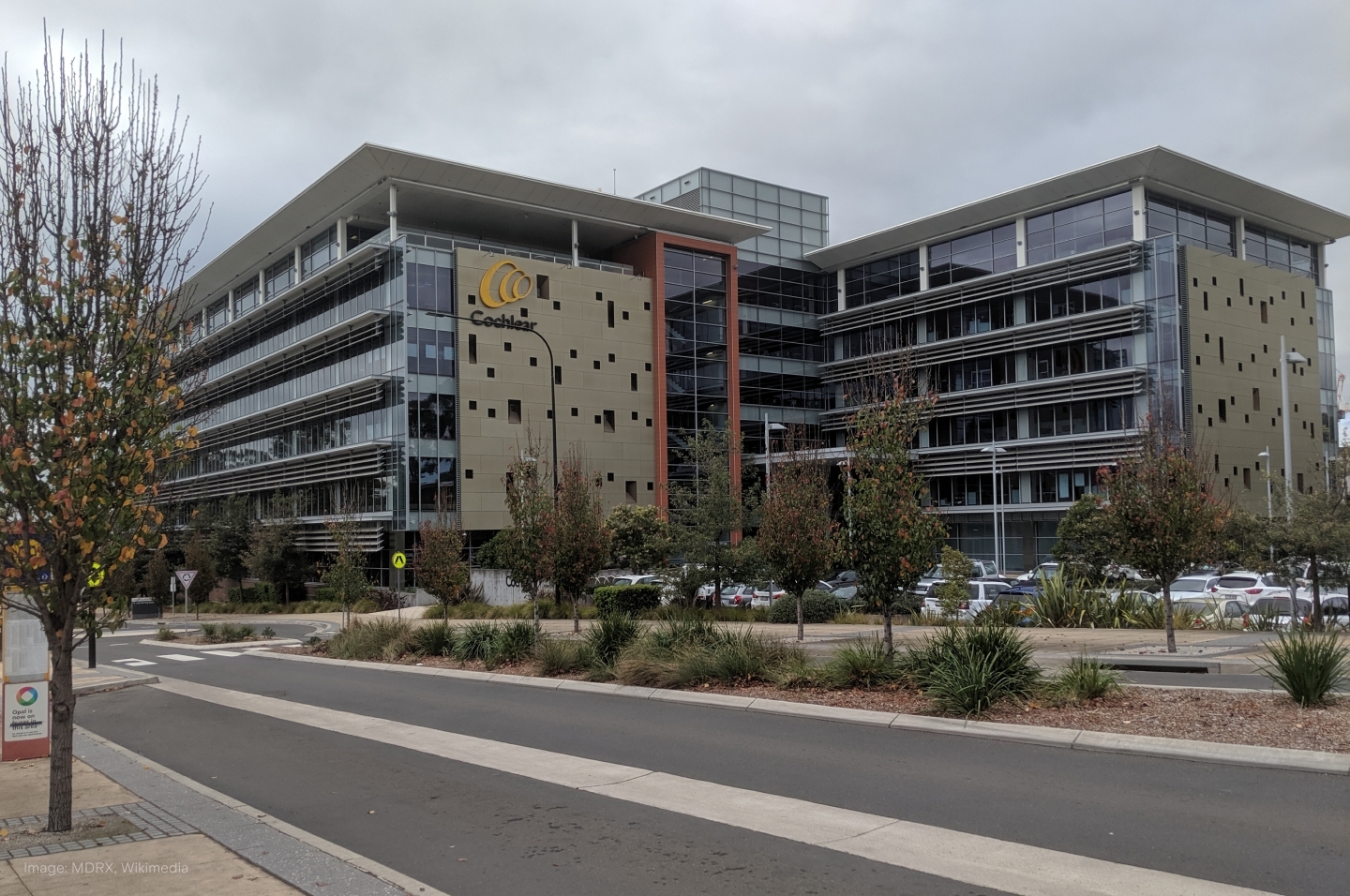.jpg&w=3840&q=100)
Under the Spotlight AUS: ALS Limited (ALQ)
There are multiple steps involved in bringing a product to life. But it only reaches customers’ hands after being deemed as safe and reliable through testing by firms like ALS Limited. Let’s put it Under the Spotlight.
.jpg&w=3840&q=100)
We might raise an eyebrow when companies make lofty claims about their products, but we usually assume our purchases won’t cause us harm or be contaminated in any way. There are multiple levels of testing and regular inspections to check businesses meet regulations before things reach the consumer. These services are often provided by third parties, who already have industry standard practices and equipment in place. This degree of separation also gives some extra reassurance that results are accurate.
The testing, inspection and certification (TIC) market commands around US$200b annually across a wide range of sectors. And ALS Limited’s ($ALQ) journey into the TIC world came in a rather roundabout way.
.jpg&w=3840&q=100)
Changing trajectories
Peter Morrison Campbell first established a soap manufacturing business in suburban Brisbane in 1863 and soon expanded into cleaning chemicals. In 1952 the Campbell Brothers firm had listed on the ASX. In the same city, Australian Laboratory Services began life in 1976 and provided chemical services to mineral exploration firms. Their meeting would change the trajectories of both companies. In 1981, Campbell Brothers bought a controlling stake in the laboratory firm and gradually acquired the rest of the business over the next few years. They now envisioned their future as a global provider of commercial laboratory services and the team gradually established offices in several continents over the next few decades. It was only in 2012 when they officially took on the ALS name and sold their longstanding manufacturing business.
.jpg&w=3840&q=100)
Quality assurance
ALS’ activities are divided into two main segments - life sciences and commodities. Although life sciences only accounted for 38.5% of net profits in FY2023 when the firm completed its annual accounts to 31 March, the company has been rapidly expanding this side of its business. ALS completed 13 acquisitions of companies operating in the field in the past financial year as it looks to diversify its interests and gain more regular contracts.
The life sciences unit provides testing, sampling and monitoring services for a wide range of environmental, food, pharmaceutical and consumer product markets. For example, the team can determine the amounts of vitamins and fats in food items or if generic medications meet specification standards.
The unit is also heavily involved in environmental analytics testing where ALS determines the components of soils, water and gases, for example. This service is usually part of a regular process that helps check whether specific safety or quality standards are being met by a company. The testing can reveal if contaminants are present or if a business’ activities have caused a change in an area, such as an increase in dust levels.
The life sciences segment actually provided 55% of revenues in FY2023, but margins contracted due to slower demand in Europe and inflationary pressures, while buying up so many businesses has naturally come with initial and ongoing integration costs.
The team hopes to increase their presence in the life sciences industry, particularly in the food and pharmaceuticals sub sectors as more stringent regulations come into effect across several nations. It’s an ambitious goal and there are no guarantees their success in the commodities sector will be repeated in this area.
.jpg&w=3840&q=100)
Certified Information
Commodities accounted for 61.5% of ALS’ net profits in FY2023. Historically ALS has fostered a close relationship with the mining industry. They have strengths in geochemistry and metallurgy, which helps firms determine details about the composition of rocks and the best methods of extracting minerals.
Growth in commodities opportunities is expected to build on existing contracts and general conditions in the industry, while the ALS team also expects demand from renewable energy industries for metals like copper and lithium to support this part of the business for many years to come.
However, ALS' reputation has been called into question after the company admitted to manually changing test results on coal quality for firms without justification in 2020. The cyclical nature of the commodity sector also presents an ongoing revenue challenge.
.jpg&w=3840&q=100)
Performance testing
ALS has outlined an ambitious five-year plan to grow group revenues by 50% and profits by 55% by FY2027. Only time will tell if their focus on megatrends linked to growth in life sciences, sustainability and digitalisation can help them reach these goals. It depends on companies being willing to invest more into testing services to create higher quality products.
However, the inflationary environment means many consumers are already wary of these extra costs being passed on and there is general pressure on margins. ALS might look towards its strengths in areas more likely to be affected by regulations. Opportunities include emerging segments like microplastics and other contaminants covered by the per-and polyfluoroalkyl substances (PFAS) legislation in the U.S.
Investors might want to check up on ALS’ regular financial reports and see if their results are on the right track. Similar to the firm's practices, more investigation and analysis is recommended before making any further decisions.
This does not constitute financial advice nor a recommendation to invest in the securities listed. The information presented is intended to be of a factual nature only. Past performance is not a reliable indicator of future performance. As always, do your own research and consider seeking financial, legal and taxation advice before investing.

Megan is a markets analyst at Stake, with 7 years of experience in the world of investing and a Master’s degree in Business and Economics from The University of Sydney Business School. Megan has extensive knowledge of the UK markets, working as an analyst at ARCH Emerging Markets - a UK investment advisory platform focused on private equity. Previously she also worked as an analyst at Australian robo advisor Stockspot, where she researched ASX listed equities and helped construct the company's portfolios.

